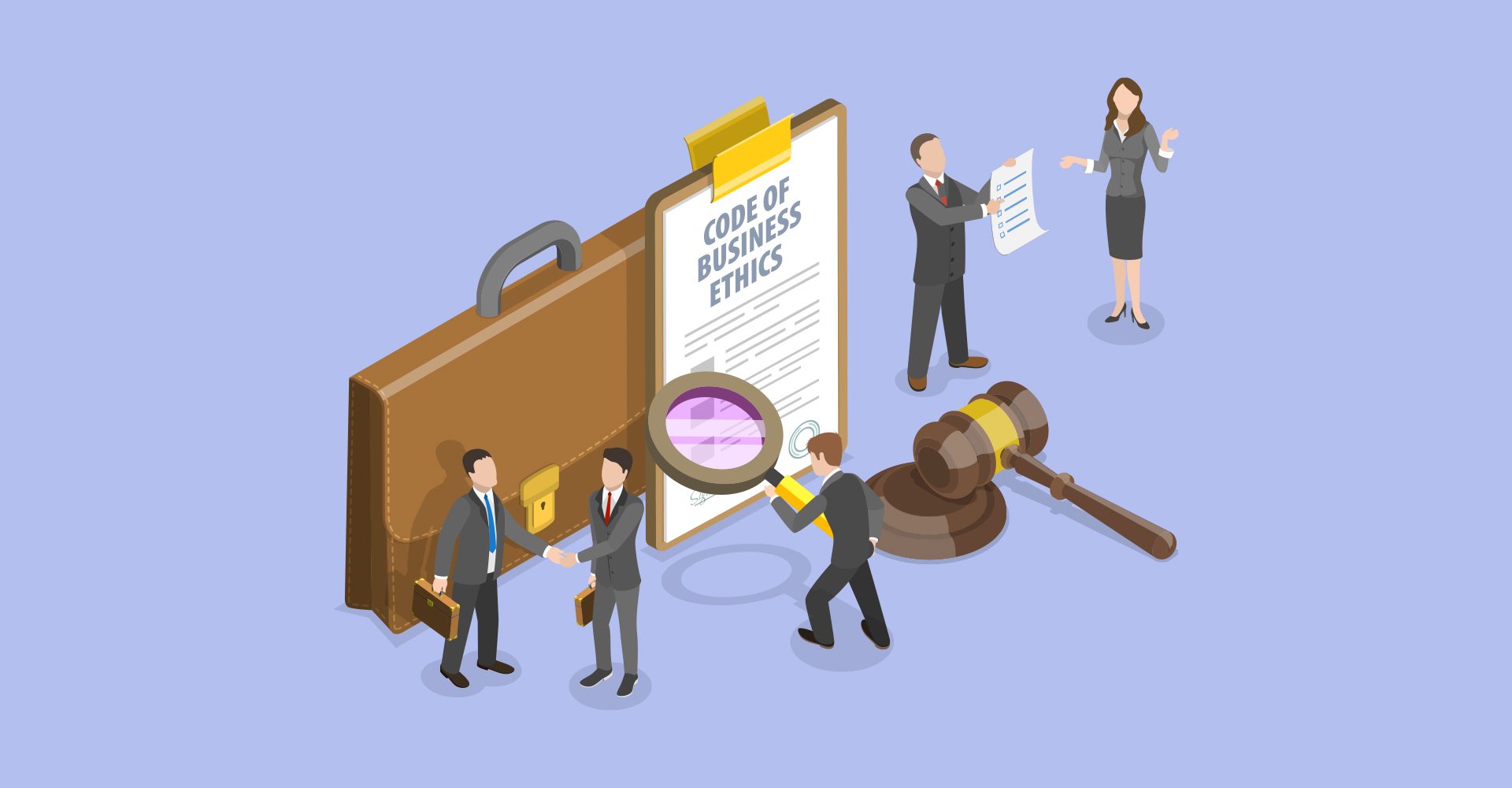The Malaysian Institute of Accountants (MIA) has expanded its definition of Public Interest Entities (PIEs) to hold audit firms to higher ethical and independence standards, thereby raising audit quality and ultimately strengthening good governance and trust. The revised definition of PIEs along with other relevant changes are set to come into effect on 15 December 2024.
The expanded definition of PIEs consists of entities such as publicly traded entities, entities which are primarily deposit-taking from the public, entities involved in providing insurance to the public or entities specifically designated as PIE by legal, regulatory or professional standards. “This broadening of scope ensures that audit firms are held to higher ethical and independence standards as the audits of PIEs are subject to additional independence requirements,” stated MIA President Datuk Bazlan Osman, commenting on the revision. “This is very much aligned with MIA’s increased emphasis on ethics to enable strong regulation and good governance.”
The revised definition of PIEs along with other relevant changes are part of updates issued by the MIA to its By-Laws (on Professional Ethics, Conduct and Practice). These changes are aligned with the latest standards issued by the International Ethics Standards Board for Accountants (IESBA).
“The revisions encourage audit firms to determine if other entities should also be treated as PIEs by assessing several factors such as an entity’s importance in the sector it operates in and the potential systemic impact on other sectors and the economy as a whole in the event of financial failure of an entity,” explained MIA Ethics Standards Board Chair Dr. Veerinderjeet Singh.
The revisions also clarify why additional independence requirements exist for the audit of PIEs. “Given that there is a significantly greater interest in the financial health of such entities, there is a corresponding expectation of the level of independence an audit firm should have when performing the audit of a PIE,” added Dr. Veerinderjeet.
“To strengthen compliance and value of PIE audits, it is important that professional accountants be cognisant of the more stringent independence requirements when auditing PIEs,” advised Dr. Veerinderjeet. Some of these requirements would involve partner rotations, restrictions on fee dependency and restrictions on the provision of certain non-assurance services.
The Institute encourages all accountancy professionals, organisations, and stakeholders to familiarise themselves with the expanded definition of a PIE. “The enhanced PIE definitions represent an important step in maintaining public trust and highlight the vital role that professional accountants play in maintaining independence, integrity and objectivity when working with public interest clients,” concluded Datuk Bazlan.
The updated By-Laws and the detailed PIE revisions are available on the MIA website whilst related resources can be found on the IESBA website.







